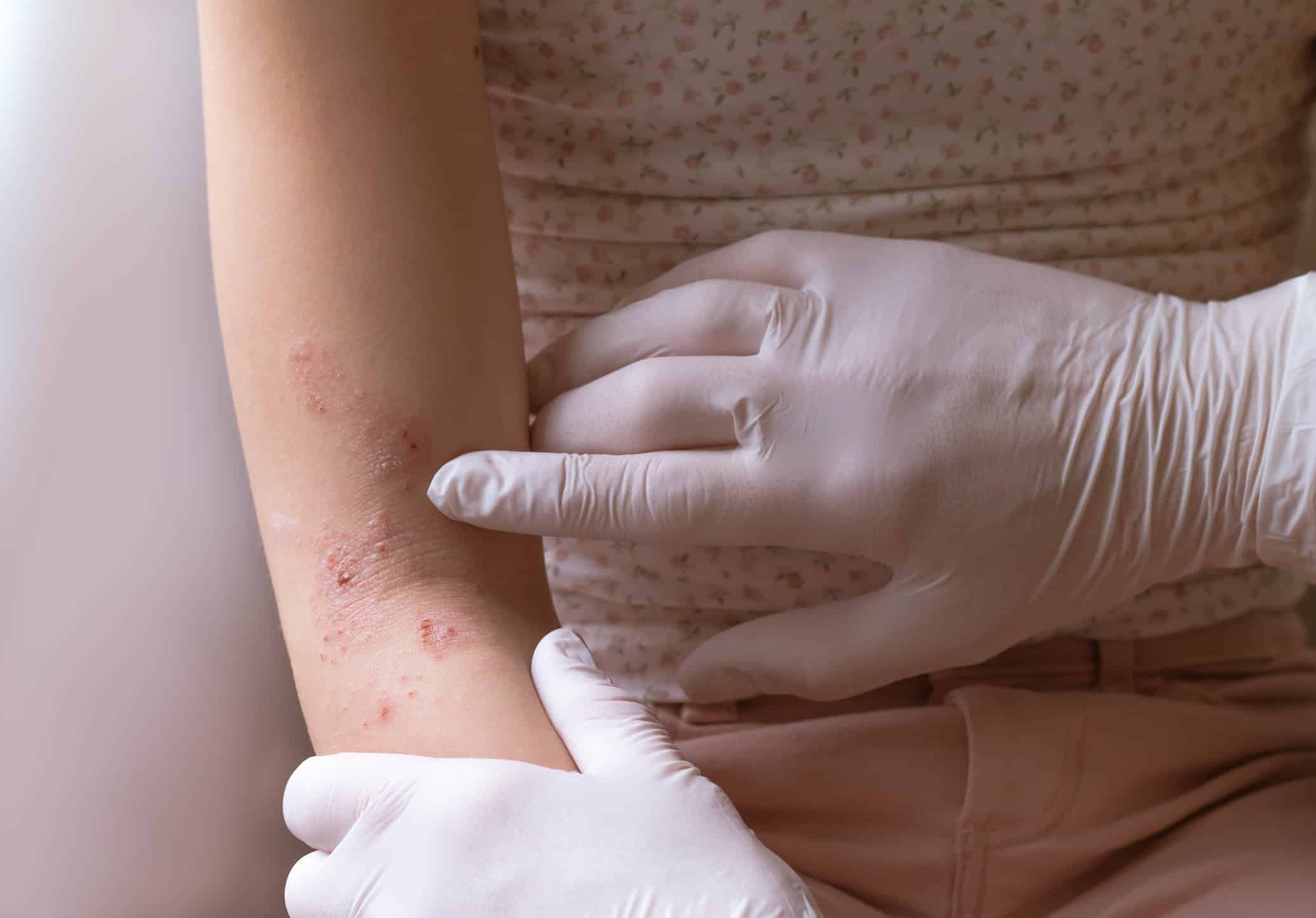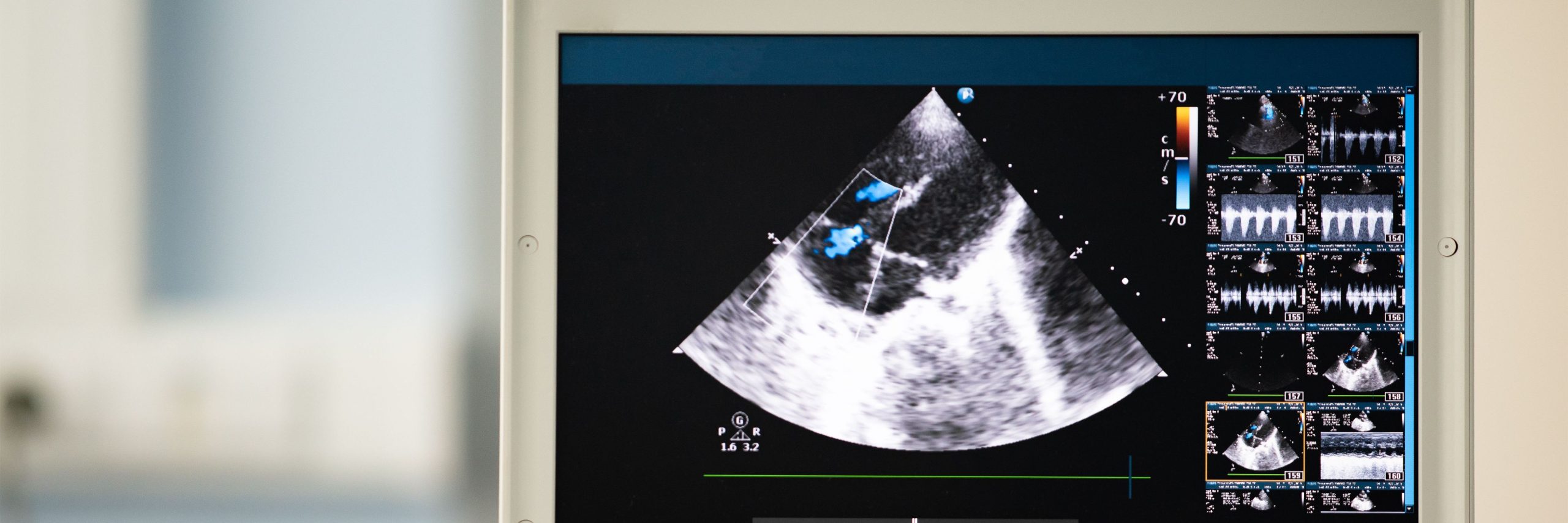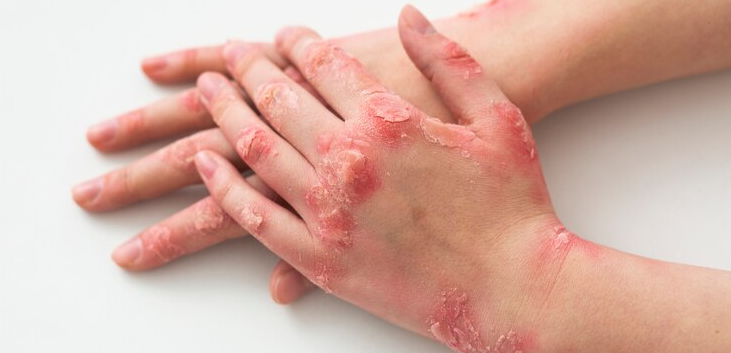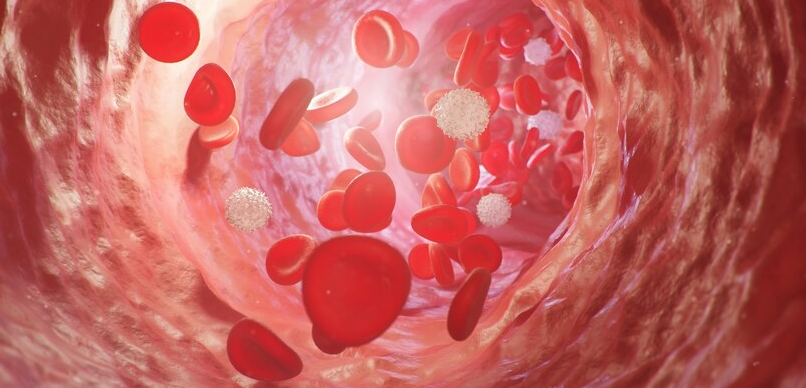The following is a summary of “Patch testing with ammonium persulfate: The North American Contact Dermatitis Group Experience, 2015-2018,” published in the November 2022 issue of Dermatology by Warshaw, et al.
Ammonium persulfate (APS), an oxidizing chemical used in manufacturing, pool/spa water, and hair products, can result in allergic contact dermatitis and other skin problems. For a study, researchers sought to describe APS (2.5% petrolatum)-positive patch test responses.
Analyses of patients who underwent screening for the North American Contact Dermatitis Group from 2015 to 2018 were done retrospectively.
About 193 (1.8%) out of 10,526 patients responded well to APS in a patch test. In comparison to APS-negative patients, APS-positive patients had significantly higher rates of being male (43.2% vs. 28.0%; P< .0001), having primary hand dermatitis (30.2% vs. 22.0%; P =.0064), scattered generalized dermatitis (25.5% vs. 17.9%; P =.0064), or trunk dermatitis (8.9% vs. 4.9%; P =.0123), as well as having occupationally 19 (9.8%) of the APS-positive reactions—or more than half—were occupationally connected, particularly those involving hairdressers (68.4%). These reactions were currently relevant (57.0%). The most typical sources of APS were hair care items (19.2%) and swimming pools/spas (23.3%). There was no documentation of immediate responses or follow-up testing.
Around 1.8% of the patients tested positive for APS. Male sex and hand dermatitis were both strongly linked with APS positive. Chemicals used in swimming pools and spas were significant sources of APS exposure.



















